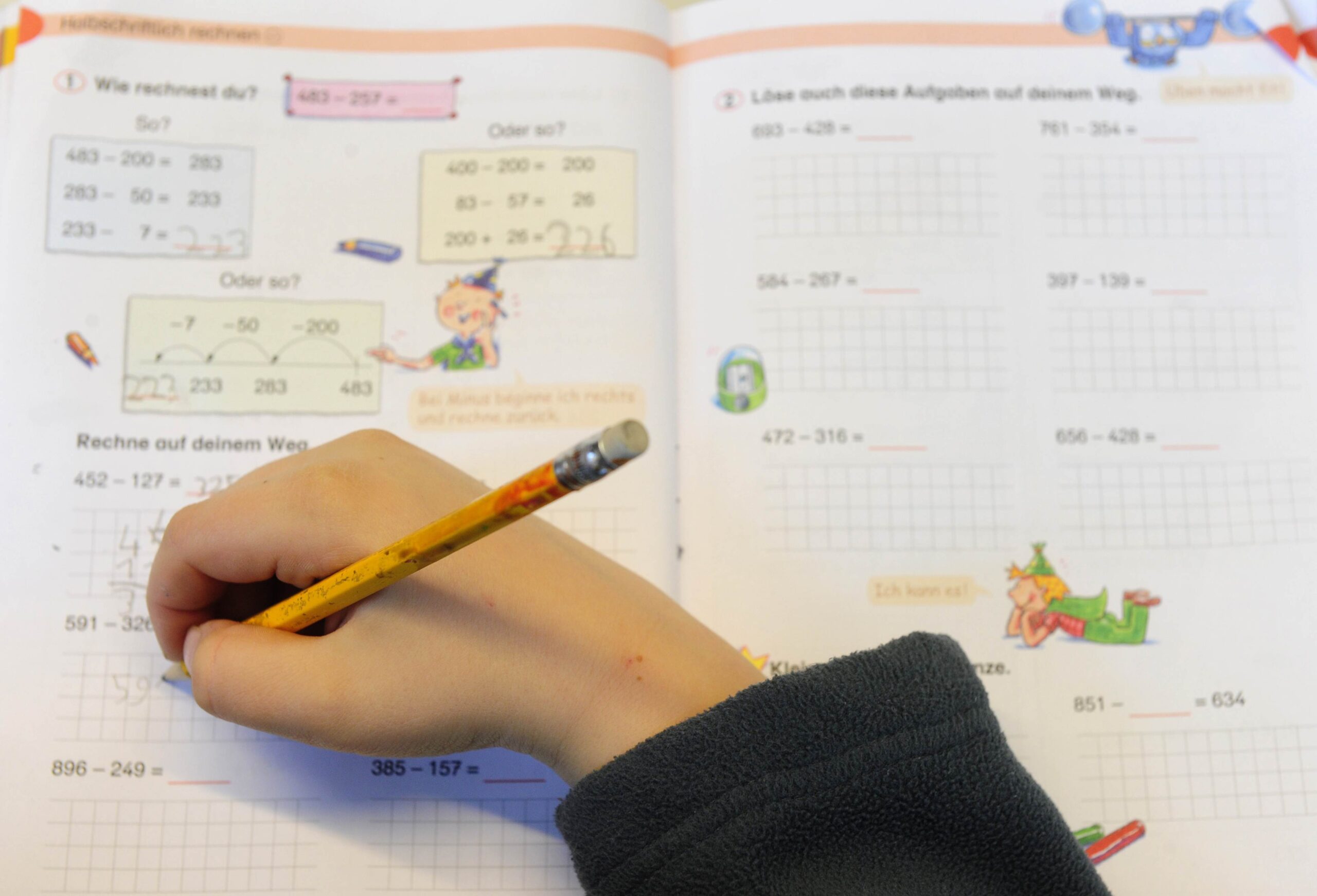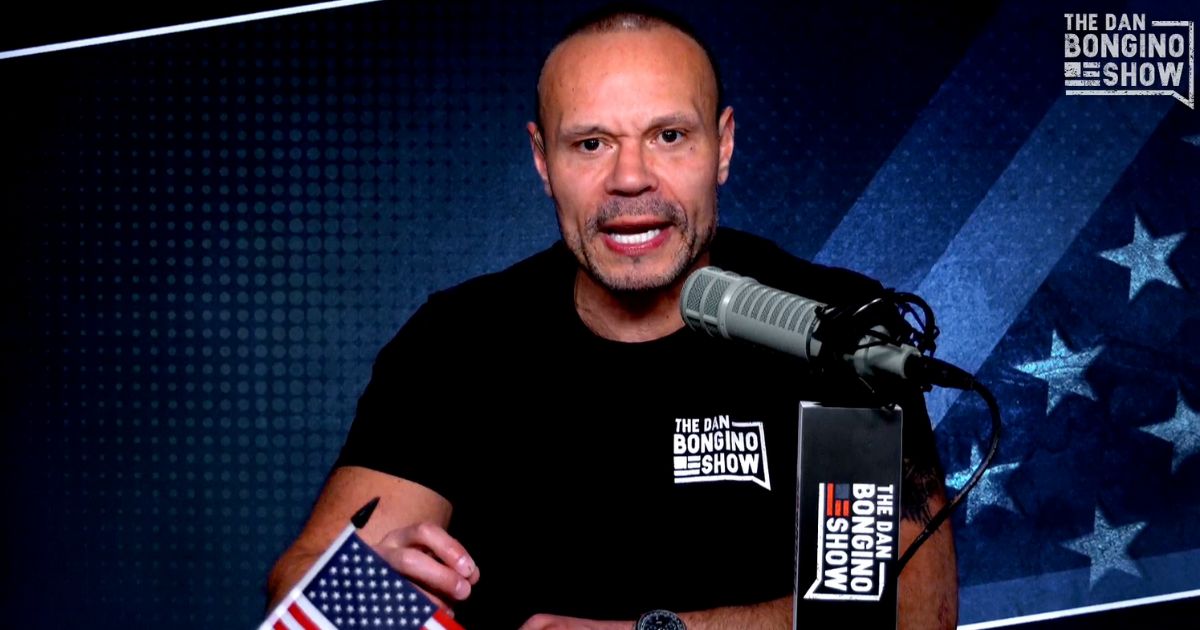19 Senior Experts of China’s Top Academic Bodies Died in December
In December, 19 experts of China’s top academies, the Chinese Academy of Sciences (CAS) and the Chinese Academy of Engineering (CAE), died of unspecified “illness,” A statistic six times more than the average number in deaths in the previous years.
Official reports avoid mentioning the cause of these deaths, in what appears to be an attempt to cover up deaths caused by COVID-19.
Airfinity, a UK-based Health Data Agency is the answer. updated According to data from Dec. 30, approximately 11,000 people died each day in China from COVID. That brings the total number of deaths due to the disease at 110,000 for December.
According to obituaries published by China’s official media, in the 12 days from Dec.15 to Dec.26, 13 members of CAE passed away due to “illness.” They are experts in fiber optic communication Zhao Zisen (91), environmental engineering, environmental water quality expert Tang Hongxiao (91), Rare Earth Metal Smelting and Separation Expert Zhang Guocheng (91), Laser technology expert Zhao Yijun (92), inorganic non-metallic materials expert Gu Zhenan (86), Expert in civil engineering and structural mechanics Long Yuqiu (96), Ecologists and Foresters Li Wenhua (90), Wildlife scientist Ma Jianzhang (86), Pediatric Surgery Specialist Zhang Jinzhe (102), Expert in Thermal Impeller Machinery Wang Zhongqi (90), Tsinghua University architect and professor Guan Zhaoye (93), Welding specialist for aerospace manufacturing engineering Guan Qiao (87), and petroleum engineering specialist Li Qingzhong (92).
On December 6, 23, 25, and 25, six CAS members were among the dead. Lu Qiang (86), Chinese expert on automatic control and the dynamics of electrical systems. He is a professor at Tsinghua University. Zhang Youshang (97), Chinese biochemist, molecular biologist. Jiang Hualiang (57), former director of Shanghai Institute of Pharmaceutical Sciences. Wu Chengkang (93), a high-temperature gas dynamist; Tong Tanjun (88), a physician scientist; and Huang Kezhi (95), a physicist and a professor at Tsinghua University.
The majority of those who died were CCP members. Some were also from minority parties like the Democratic League or the Jiu San Society. These were recognized as being present because they supported the CCP explicitly and recognized its leadership.
Academicians Selection: The Influence of Political Factors
According to incomplete statistics, 53 members of the CAS or CAE died in 2022.
The Two Academies of Chinese Communist Party (CCP), CAS, and CAE have accumulated scientists and experts who are able to serve the Chinese Communist Party. They enjoy lifetime membership. Political factors play a part in the selection of academics.
Xie Yong, deputy editor-in-chief of Huanghe magazine in north China’s Shanxi Province, published an article in Modern China Study, an international journal, in 2022 discussing the differences between academician systems under CCP rule and under the Republic of China.
In 1948, before the CCP took power, the Republic of China’s way to select members of the Academia Sinica, the current national academy, was based on the sole principle of academic achievement.
Major universities, research institutes, professional societies, and well-respected celebrities in the academic community nominated academicians. The candidates were all top-notch scholars at the time. Xie stated that even Guo Moruo (and Ma Yinchu), who were both procommunist in their political stances, were elected as academicians.
CAS selection methods in 1955 were governed by the CCP and included political considerations as part of the criteria. Candidates for academicians in Social Sciences were required to support socialism as well as the Communist Party.
At that point, all ex-members of Academia sinica who had not fled the mainland in 1949, when the CCP seized power became CAS members.
Hu Xianfu (a famed biologist at that point) was removed from the list by the CCP authorities because his academic views were anti Soviet.
Hu suffered mental and physical injuries during the Cultural Revolution. He finally died in 1968 at 75 years old in a 10-square-meter room (about 108 sq. feet).
Many academicians were identified as reactionary academic authority during the Cultural Revolution. They were severely criticised and even put to death.
CCP purges and political campaigns have also targeted other scholars and experts. 11 academicians were declassified as rightists after the Great Leap Forward.
" Conservative News Daily does not always share or support the views and opinions expressed here; they are just those of the writer."








